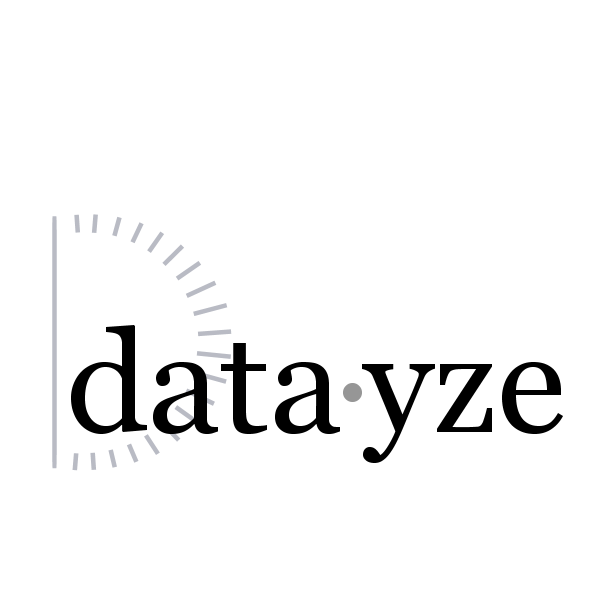Definitions and Possible Meanings:
| |
Synonyms and Similar Words: Tax Remember, not all synonyms are suitable replacements in all contexts. Be sure to consider context, and connotation in addition to readability when choosing an alternatitive word. We're working on expanding this feature. Need more synonyms now? Let us know and we'll bump the priority | |
| Meta Information | |
| Misspelled: | No |
| Name: | No |
| Syllable Count: | 1 |
| Audience Familiarity Audience Familarity refers to the ability of the audience to recognize and understand a word. | |
| Word Rank: | 1022nd |
| Grade Level (Approximate)A 1995 study[1] found that junior high school students were able to recognize between 10,000-12,000 words, whereas college students were able to recognize between 12,000-17,000 words.: | Elementary or Middle School |
| Fog Reading Ease Complex Word: | No |
| Dale-Chall Reading Ease Difficult Word: | No |
About the Word Analyzer
The Word Analyzer provides meta information about a given word, such audience familiarity, to get you insight into how use of the word may affect readability metrics. The analyzer then shows synonyms and related words your audience may be more familiar with.
Determining Word Rank The word rank metric is a measure of word frequency, with frequent words corresponding to higher ranks. In order to get an accurate frequency count of each word, we utilize a stemmer to identify the morphological root form of a word. This allows us to group slight variations of the same word. For example, 'cats' and 'cat' both have the same stem, as do 'readability' and 'readable.' For most words, familiarity with said word is independent of count (e.g. the singular form vs the plural form) or part of speech (e.g. adjective form vs the noun form). In some rare cases, however, a common word may have multiple meanings including a meaning so infrequent it is not well known. We then calculate word frequency using the data from Project Gutenberg which is a large collection of freely available english documents and summing the counts for all variations of the word corresponding to the same stem.
Definitions Definitions of each word are generating using the Pearson's developer API.
Interested in readability? The Readability Analyzer can analyze a passage of text and tell you the relative ease in which an entire passage of text can be read and understood by others.





